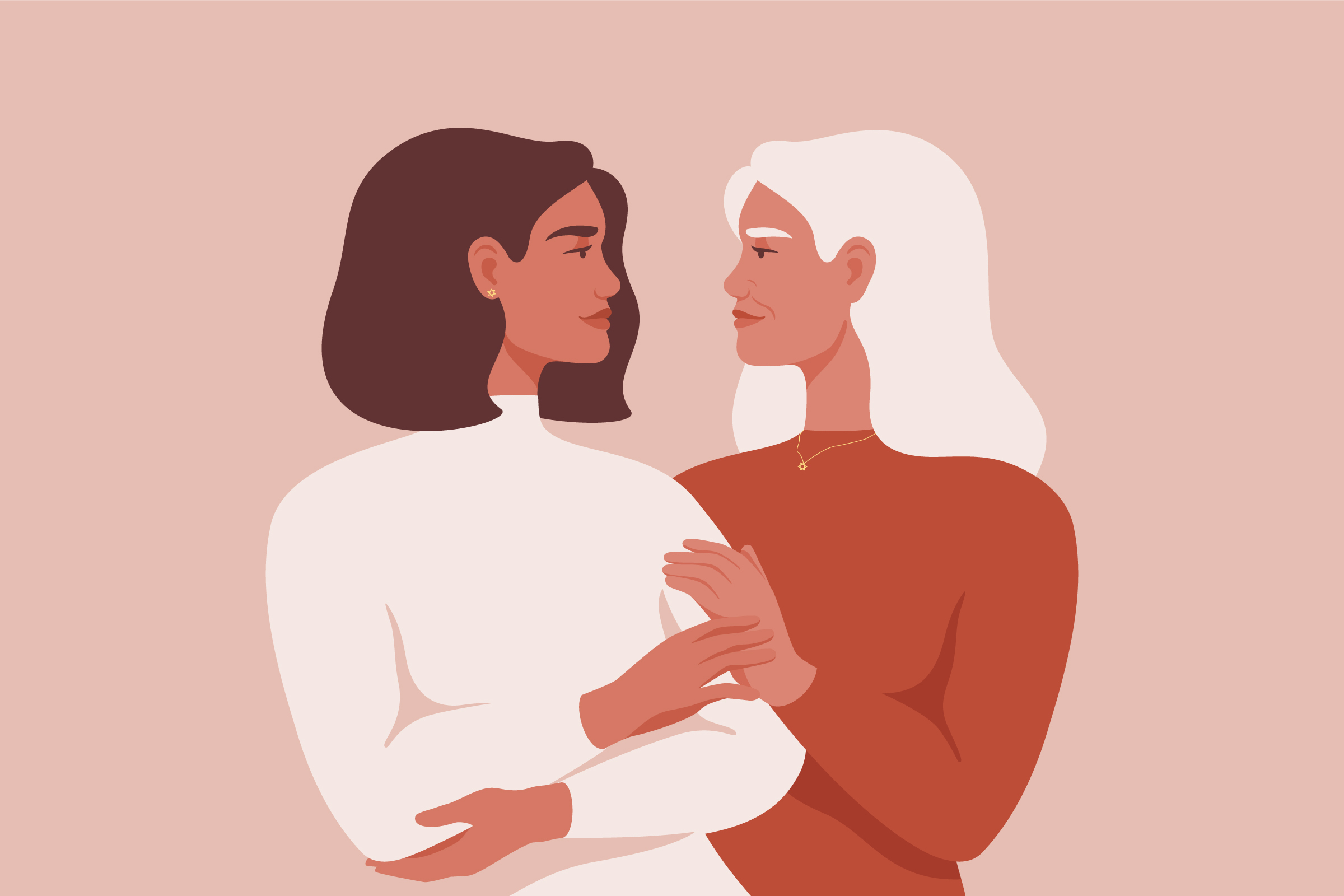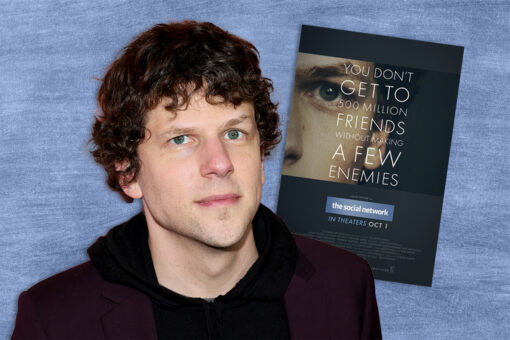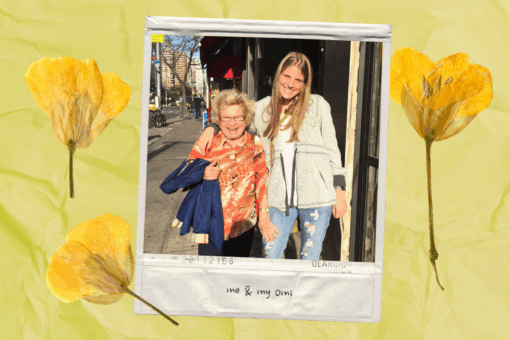The missing samovar was the first sign. My grandma had given away the samovar that had sat on the corner table in the living room for years.
The samovar was an artifact of our Ashkenazi migration, from the days of pogroms in the old country. It belonged to my grandmother’s mother, who had inherited it from her mother, who carried the gilded Russian tea kettle onto the ship that took her and her three young children to meet her husband in New York at the turn of the century. And then, 112 years later, my grandma handed it to her housekeeper, who said the bulky brass heirloom reminded her of her home.
No one in the family objected to my grandmother’s generosity. We were all touched by her thoughtfulness and care for others. But it was when she didn’t remember giving away the samovar that we were startled, as it revealed just how broad a reach Alzheimer’s now had on her mind.
The doctors diagnosed my grandmother with the early stages of Alzheimer’s four years ago when she was 75, although I feel I should be thankful this was “early.” Many families see the disease embedded in mothers and fathers and grandparents starting in their 60s, even 50s. In the years that have passed, however, my grandmother’s memory has faltered, and with that so has her grasp on the heritage she shared with me through stories, rituals, and meals.
Much of my close relationship with my grandmother centers on Jewish traditions and history. From a young age, I relished in the stories she told about our family’s journey from Eastern Europe to New York. I spent many Shabbats in her New York City apartment and often drove her to synagogue on Saturday mornings. She cared deeply about her religion and culture, and taught with me glowing smiles how the words in the prayer book were at one time recited by our ancestors, in places around the world. For me, that was enough of a reason to suffer through long services by her side.
I had my grandmother repeat our family’s story over and over again, starting with the draft in Russia from which my great-great-grandfather escaped to come to Ellis Island, to the house on President Street in which my grandmother, her grandparents, and the rabbi all lived, to the synagogue my great-grandparents helped establish on Long Island. The tale became a part of me as much as it was a part of her, read straight from the back of her hand.
So when an old friend of mine recently published a zine all about Jewish New York, I thought reading it together over Zoom would be a fun way to close some of the distance created by COVID-19. The zine touched on all of the diversity and complexity of New York’s Jewish communities, as well as the wave of Ashkenazi migration in the early 1900s that was central to my family’s journey.
Sharing my screen with my grandmother, we read through several pages of the zine, stopping periodically to jog her memory.
“Didn’t your grandparents also move to Brooklyn from the Lower East Side, Grandma?” I coaxed.
She shrugged with each reply. “Oh, I don’t know. Probably. Maybe,” she said, shaking her head out of frustration.
Witnessing a grandparent struggle to recollect is hard in normal times. Now, in the time of coronavirus, it feels especially helpless. For both her safety and mine, I can’t be in her apartment to point out all of the objects still reminiscent of her past. We can’t comb through old photo albums together or cook recipes from the index cards my great-grandmother painstakingly wrote by hand. There are only so many attempts I can make to restore her sense of time and self through a screen.
Moments like this one remind me how much I relate my Jewish identity to my grandmother. So many of the memories that shaped my relationship with Judaism come from her home, but sometimes it feels more innate than that. Traditional doctrine says Judaism is passed down by one’s mother. While many modern practices positively challenge this doctrine, making Judaism more inclusive in much-needed ways, I find some sentimental meaning in the notion of matrilineality. I choose to see this ancient idea as a nod toward powerful matriarchs, and to the thought that women are the bestowers, as well as preservers, of tradition, heritage, and identity.
Perhaps my interest in our family stories came from a more fundamental calling, a responsibility many female-identifying people know to be true. Or maybe years of quizzing my grandmother about our roots instilled in me an entirely individual interest in preserving our family stories. Either way, now that these stories are slipping from my grandmother’s mind, I accept responsibility as my family’s personal documentarian.
These days, my phone calls with my grandmother are sorted into clear ones and foggy ones. On a “clear” day, my grandmother and I can go back and forth for hours talking about the many figures that span our family tree. On a “foggy” day, I’m the one who does most of the talking. I reminisce about days before I was born, fondly remembering moments I only know to be true because I heard my grandmother discuss them so many times. She passed those stories down to me, and now I will share them for years to come.
Header image design by Grace Yagel. Original illustration by Ponomariova_Maria / Getty Images.



